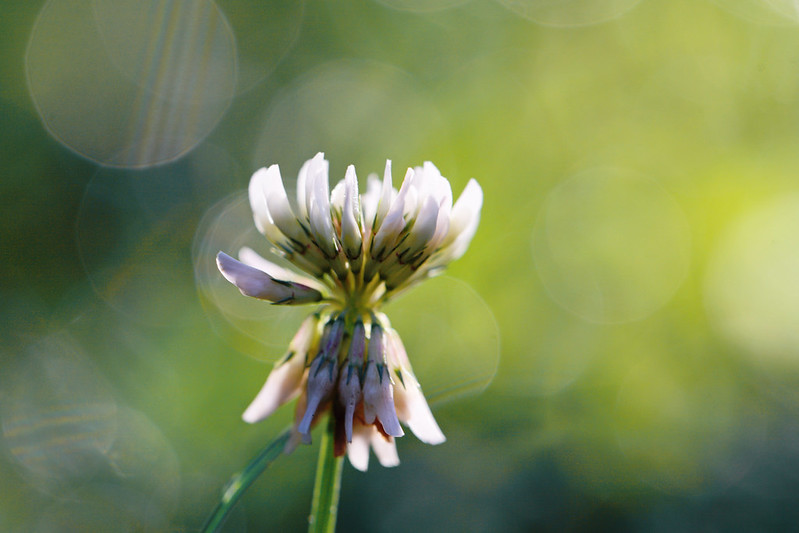🔵 By Nicole Followill. Photo by lauragrafie.
I am going to share about one of my favorite books, “The Choice” by Dr. Edith Eva Eger.
Let me tell you that when my dear friend John sent me this book I read the back and immediately did not want to read it. This woman whom survived the Holocaust had suffered a huge amount. I am emphatic and looked at this book as though I did not want to feel her hurt for her, that I was dealing with enough at that given time. Several of the ladies I was housed with did want to read this book, at least four, so at least it would touch them. I ended up being moved to a different part of the prison. I told my friend that I was moved but I didn’t or couldn’t read the book anyways. About four or so months later John sent me another copy of this same book.
As soon as I saw it, I knew it was meant to be, I had to read it. I believe everything happens for a reason. I am very serendipitous that way. This time it came with the Tattooist of Auschwitz, which I will read in the future. Funny enough several people in my unit said to me that: “That is a great book.” Even people I wouldn’t think would read this type of book. I want to share the depth of one paragraph on page 8 that could completely transform your life.
Dr. Eger says: That there is no hierarchy of suffering. There’s nothing that makes my pain worse or better than yours, no graph on which we can plot the relative importance of one sorrow versus another. People say to me: “Things in my life are pretty hard right now, but I have no right to complain – it’s not Auschwitz.” This kind of comparison can lead us to minimize or diminish our own suffering. Being a survivor, being a “thriver” requires absolute acceptance of what was and what is. If we discount our pain, or punish ourselves for feeling lost or isolated or scared about the challenges in our lives, however insignificant these challenges may seem to someone else, then we’re still choosing to be victims. We’re not seeing our choices. We’re judging ourselves. I don’t want you to hear my story and say. “My own suffering is less significant.” I want you to hear my story and say: “If she can do it, then so can I!”
This paragraph spoke to me so deeply because this habit is one I didn’t realize I had. Minimizing my pain prevents healing, processing, and stunts growth. It is a sort of stuffing in a sense. Or subconscious avoidance. For me I think this habit was created from my early understanding of tolerance. I always wanted to be tolerant and my minds translation thought that meant to not complain. Though talking about any issues has been essential for my understanding and growth. Which is much different than pointless complaining. Choose to be a victor.
If anyone would like to read and discuss this book with me please feel free to reach out directly.

